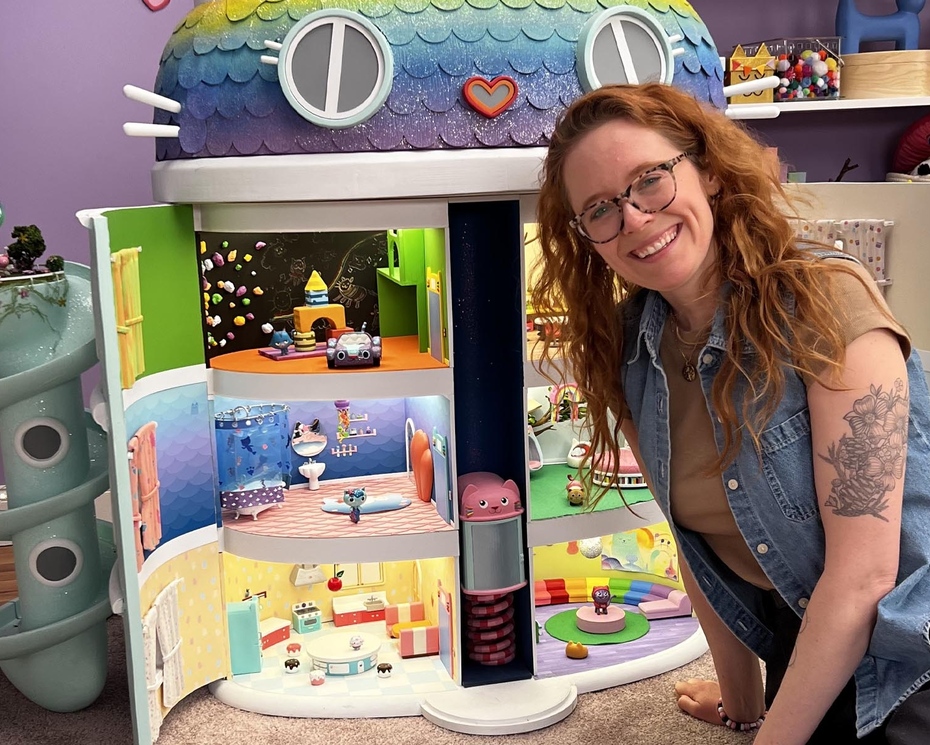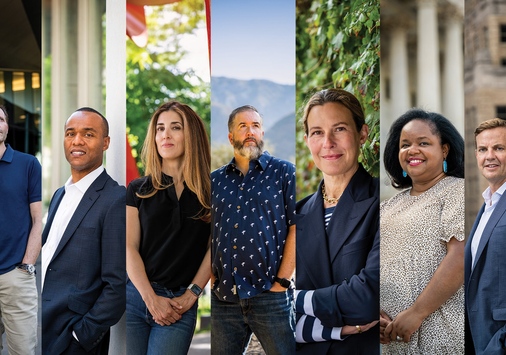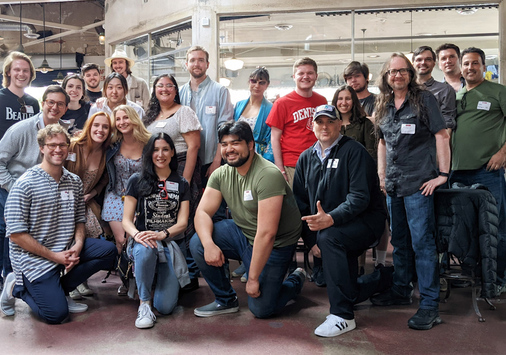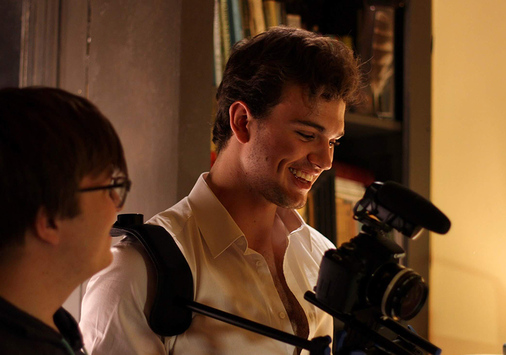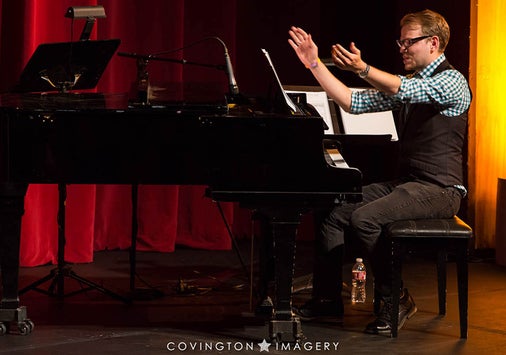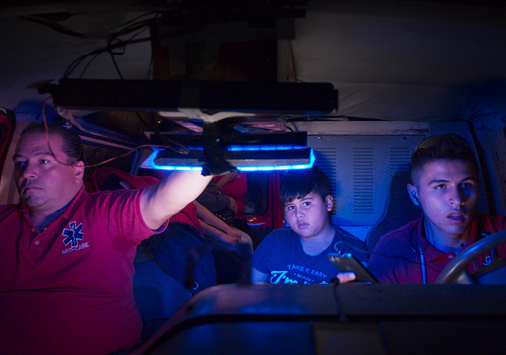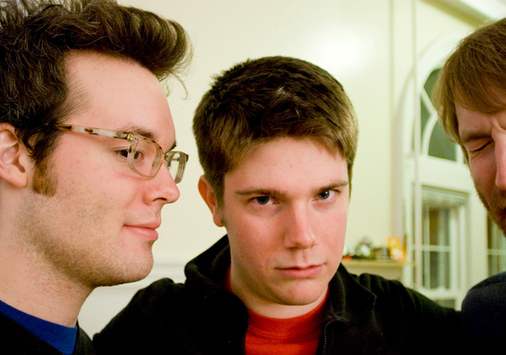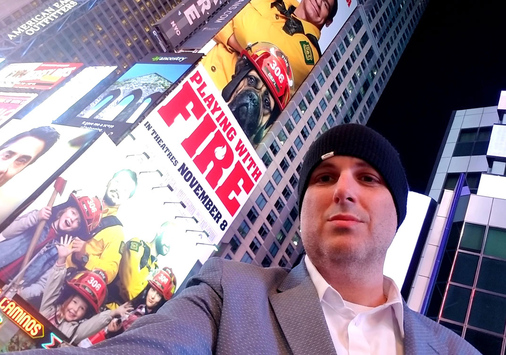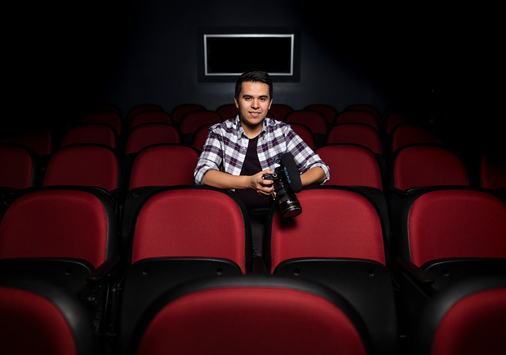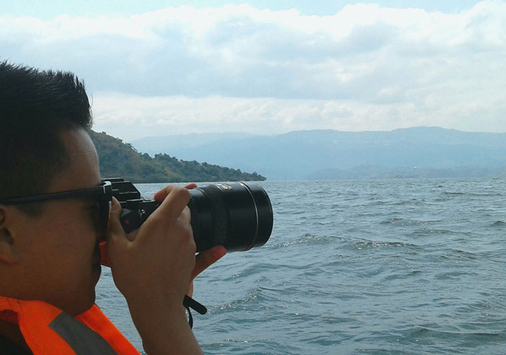Students have majored in Cinema at Denison since 1971, effectively making it one of the oldest programs for cinema in the country. With classes covering cinema production, history of film, screenwriting and genres such as Horror or Documentary, students are able to take advantage of an impressive inventory of production equipment and library holdings to express themselves through their own cinemagraphic creations.
Devin Meenan Jr. ‘21 is a senior cinema major who has taken the various levels of cinema classes and also works as a building assistant for the department. He explained that students do not need to be masters when they enter the cinema program, as expansive mentorship and equipment availability allows students of all levels to pursue both cinema production and theory.
Elementary Production (CINE 219) introduces students to the basic elements of filmmaking. Using digital cameras, students learn to light in a cinematic way, hone their composition skills and create meaning through the filming and editing processes.
“The first two assignments were to shoot simple, brief shots with human subjects to demonstrate our understanding of the cameras and composition (the first was focused on lighting styles, the second on-camera movement). The third assignment was an editing one; we had to take pre-shot footage and edit in sound effects with Adobe Premiere Pro to create a narrative just from the sound,” Meenan Jr. said. “The final assignment was cumulative; we had to shoot a longer film, a documentary about a subject of our choosing, and incorporate all the skills the previous assignments have taught us.”
Intermediate Production (CINE 310) allows students to work with physical 16mm film stock, meaning they must be particularly attentive to all aspects of the filming process. As film does not have unlimited runtime and cannot be played back immediately, capturing images on analog film requires a discipline that is very different than when shooting digitally. Each student shoots films of their own, but they work in groups where they each play important support roles as crew members.
“We swapped crew roles each week, which meant we all got a chance to be director, assistant director, director of photography and grips,” he said.
With visual storytelling at the heart of Advanced Production (410), students create a series of truly professional looking films in short form. Referred to as “vignettes,” these short films are filmed to look as if they could be “scenes pulled” from a larger feature length film you might see in a theater. They encompass various genres, and also strive to create the cinematic illusion that they were filmed in faraway locations outside of central Ohio. Examples of this work can be found on the Cinema Department’s Vimeo page.
“My vignettes were all horror-themed; my favorite was the final one, “Ring Robbery,” about a grave-robber who is haunted by the spirit of the deceased who they stole from. To make the apparition seem more “ghostly,” I did the shot twice, once with the “robber” and once with the “ghost” then layered the shots over each other,” he said.
These required classes build upon each other and allow each student to learn and improve his skills as they progress, and additional production courses are offered for those students who wish to dive even more deeply into production. Cinema Workshop (419) is regularly taught as a capstone production course, and additional courses focusing on directing, cinematography, documentary, avant-garde and animation are also offered on a semester-by-semester basis. In addition to the production classes, majors take an equal number of required film studies courses, and are also able to pursue elective offerings such as “The Horror Film,” “Romantic Comedy,” and the upcoming “Women in Film.”
Outside of the classroom, the Denison Film Society puts on weekly screenings of movies, and the annual Denison Film Festival shows student films from throughout the year.
